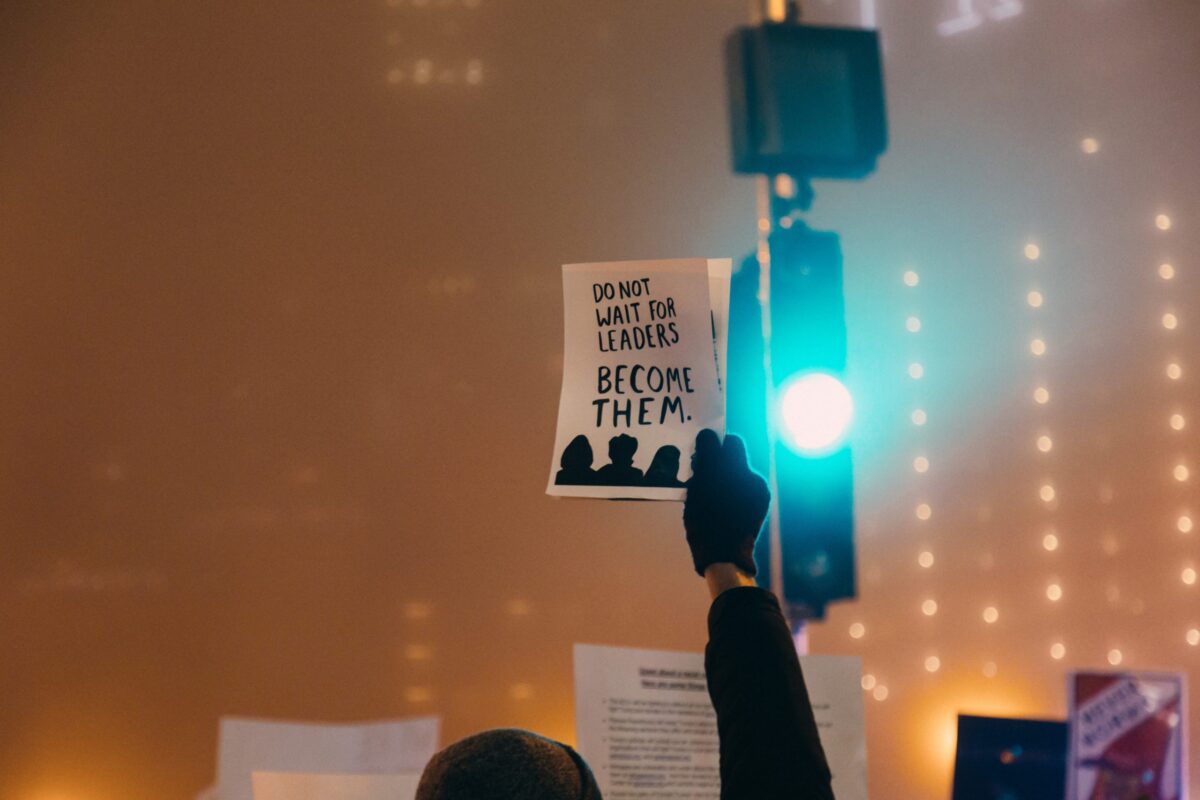
“There are lots of ways to kill deals. Don’t let anger be one of them.” -Greg Williams, The Master Negotiator & Body Language Expert
“That offer angered me. They killed the deal by displaying that they had no respect for me. So, I shoved my chair to the wall, slammed my papers into my case, and walked away!” Does any of that invoke memories or stories of a negotiator’s actions that you’ve seen or heard?
Some form of anger is usually the tempest behind a negotiation’s demise. To prevent a negotiator’s anger and backlash that can kill your deal, always be mindful of your point of anger and that of the other negotiator.
Temper:
Losing your cool in a negotiation can make you run hot. That wasn’t meant to be funny. Too many times, negotiators forget to control their temper. When they do, they become irrational, engage in non-progressing actions, and infuse a degree of angst in themselves and the negotiation.
When you feel yourself getting upset during a negotiation, identify the cause. If your anger continues to rise, abate it by departing the environment and thoughts that are giving it life. Also remember that there’s another entity in the negotiation that you’re negotiating against. It’s your negotiation opponent. You should be mindful of your temperament as well as that of the other negotiator during the negotiation.
If the opposing negotiator becomes irate, assess the validity of his mood based on what triggered it; he may be using anger as a ruse. If his anger is genuine, alter the mood in the environment by changing elements in it; that may mean departing the environment that you’re in. Don’t attempt to negotiate in such climates. You may acquiesce when such is to your detriment.
Observe Body Language Signals:
Body language signals can be an omen of anger that’s lurking slightly beneath a negotiator’s mental surface. Such signals expose themselves by the removing of one’s glasses and tossing them aside (i.e. I don’t believe what I’m seeing), pinching the bridge of the nose (i.e. it’s getting stuffy in here; I need fresh air), rubbing palms while frowning or pouting (i.e. I’m warming up in anticipation for battle). During such occasions, whether it’s your actions or that of the other negotiator, note body language gestures that may foreshadow anger. Some will not be as obvious as others (e.g. pounding the table with a fist(s), waving the back of the hand with power coupled with words of dread, sounding exasperated).
Deal Conclusion:
The way a negotiation concludes can be the opening of a deal-killer. If anger has permeated the interactions between the negotiators prior to a deal, there may be a lingering angst promoted by that residue. To enhance the probability that the deal will become consummated, address that residue. Be sure it’s completely abated before departing the negotiation table.
Deal-breakers are always seeking life to kill a deal. By being more vigilant to what gives life to anger, you can prevent its backlash from invading your negotiations. You’ll no longer fall prey to the profound and insidiousness that anger uses to rip at the negotiation process. You’ll be in control of yourself, the other negotiator, and the negotiation … and everything will be right with the world.
Remember, you’re always negotiating!
After reading this article, what are you thinking? I’d really like to know. Reach me at Greg@TheMasterNegotiator.com
To receive Greg’s free “Negotiation Tip of the Week” and the “Sunday Negotiation Insight” click here http://www.TheMasterNegotiator.com/greg-williams/
#Anger #Prevent #Backlash #Improvenegotiation #Power #secrets #HiddenOpportunities #Mistakes #Management #SmallBusiness #Money #Negotiating #combat #negotiatingwithabully #bully #bullies #bullying #Negotiations #PersonalDevelopment #HandlingObjections #Negotiator #HowToNegotiateBetter #CSuite #TheMasterNegotiator #psychology #NegotiationPsychology









